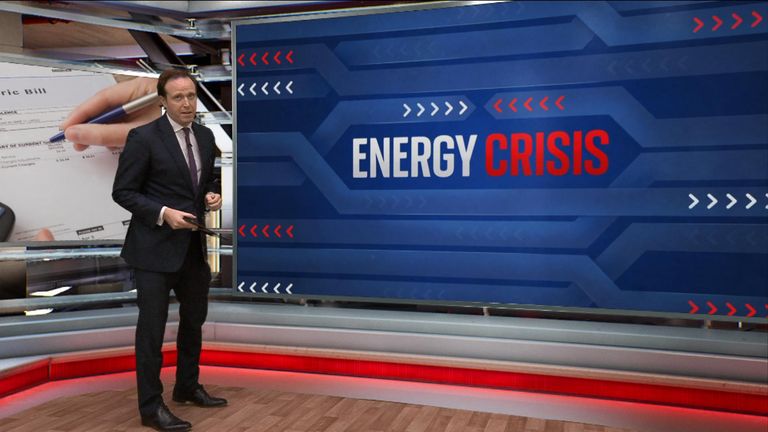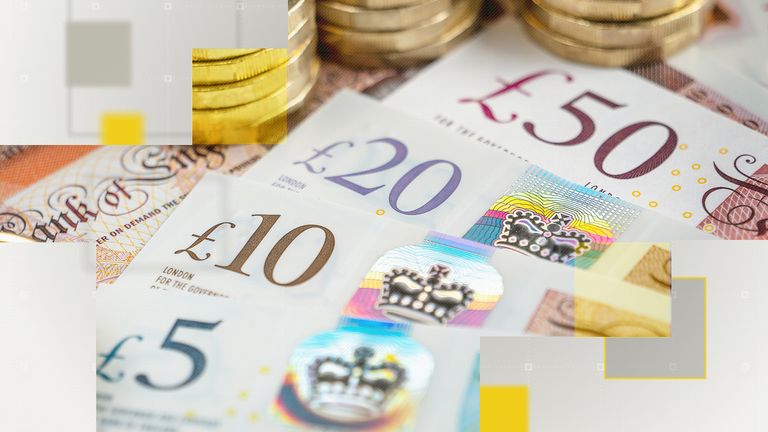[ad_1]
Inflation climbed to 5.4% last month, its highest rate since March 1992, as Britain’s cost of living squeeze intensified, official figures show.
The consumer price index (CPI) measure of inflation, up from 5.1% in November, was higher than economists had expected – as food, furniture and clothing prices surged, as well as restaurant and hotel bills.
Food saw year-on-year increase in prices at 4.2% – a rate that has not been higher since September 2013 – while for clothes, inflation was at a four and a half year high, according to the Office for National Statistics (ONS).
That added to continued pressure caused by energy bill hikes seen in October, fuel prices that have climbed to record levels, and a spike in demand for used cars – on average costing 28% more than in January – as chip shortages squeeze the supply of new vehicles.
The ONS recorded a measure of household utility bills inflation at its highest since November 2011.
Its latest figures come a day after official data showed wage rises for UK workers are already being wiped out by the surge in prices, even before the latest uptick.
Further upward pressure on inflation is expected in April when a new energy price cap could see bills for millions of households hiked by 50%.
The surge in the cost of living is putting pressure on the Bank of England to take further action – having already raised interest rates from 0.1% to 0.25% last month.
It said at the time that it expected inflation to hit 6% in the spring. Other forecasters see it going to 7%.
CPI has never been higher than it is now since the ONS started reporting price rises using this measure in 1997.
But using a statistical model extrapolating back to previous years it estimates that inflation was last higher in March 1992 at 7.1%.
Chancellor Rishi Sunak said in response to the latest data: “I understand the pressures people are facing with the cost of living, and we will continue to listen to people’s concerns as we have done throughout the pandemic.”
He said the government was providing £12bn in support to help, citing changes to the universal credit benefit, freezes in alcohol and fuel duties and targeted support to help households struggling with energy bills.
Alpesh Paleja, lead economist at the CBI, said: “We’ve not seen the end of rising inflation yet.
“We expect it to peak in the months ahead, not least if, as expected, the energy price cap is raised.
“With prices on the rise and real wages already falling, it’s likely households will face a cost-of-living crunch for much of this year.”
Kitty Ussher, chief economist at the Institute of Directors, said: “We already knew that the rise in the price of energy, fuel and second-hand cars was likely to keep inflation way above the Bank of England’s 2% target in December.
“What is of particular concern is that the change from November has come mainly from an increase in the price of food.
“Not only does this provide additional evidence that inflation is becoming endemic rather than transitory, it also bodes ill for households facing multiple rises in the cost of living this spring.”
[ad_2]
Source link













